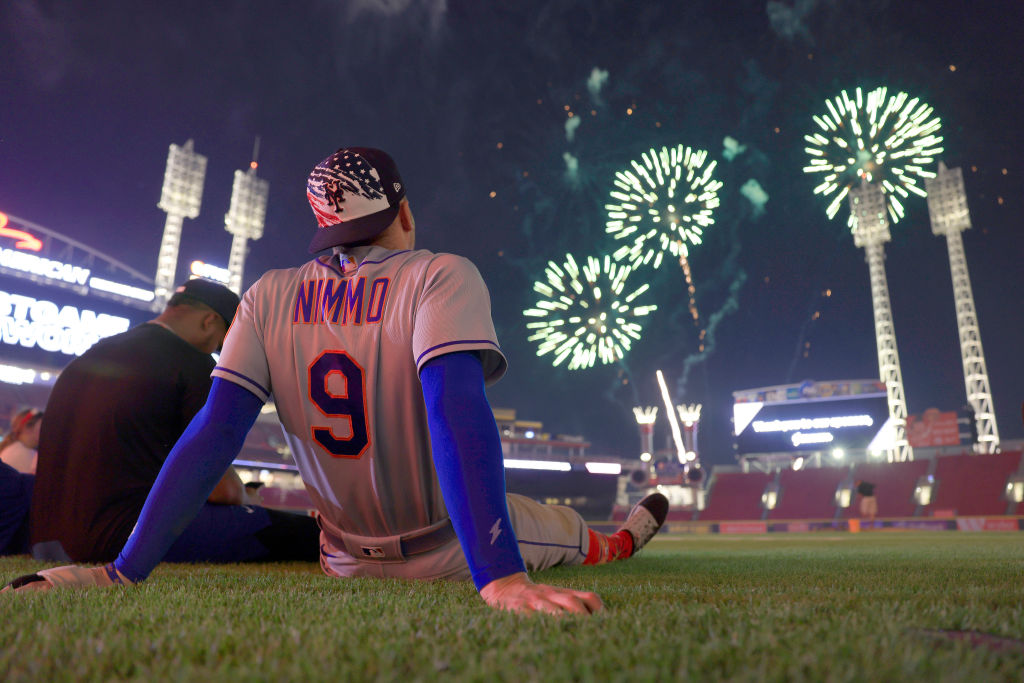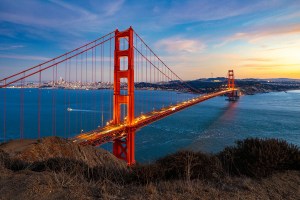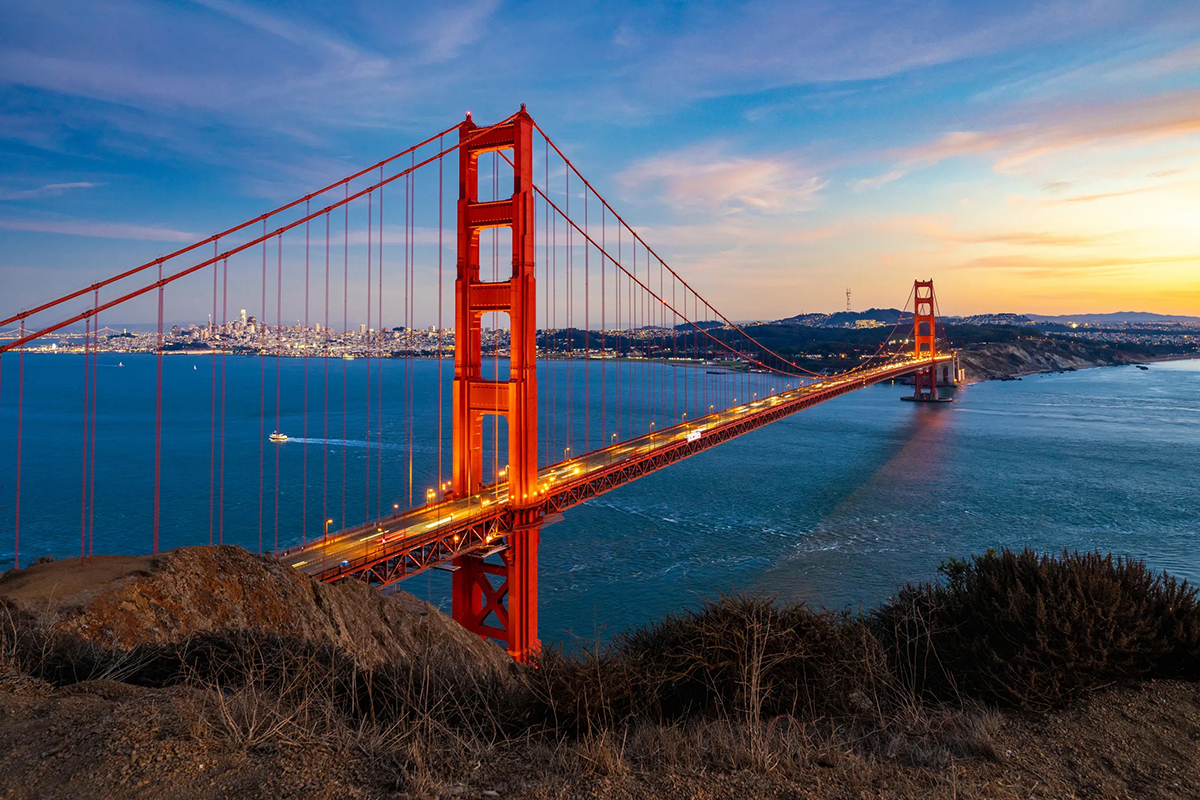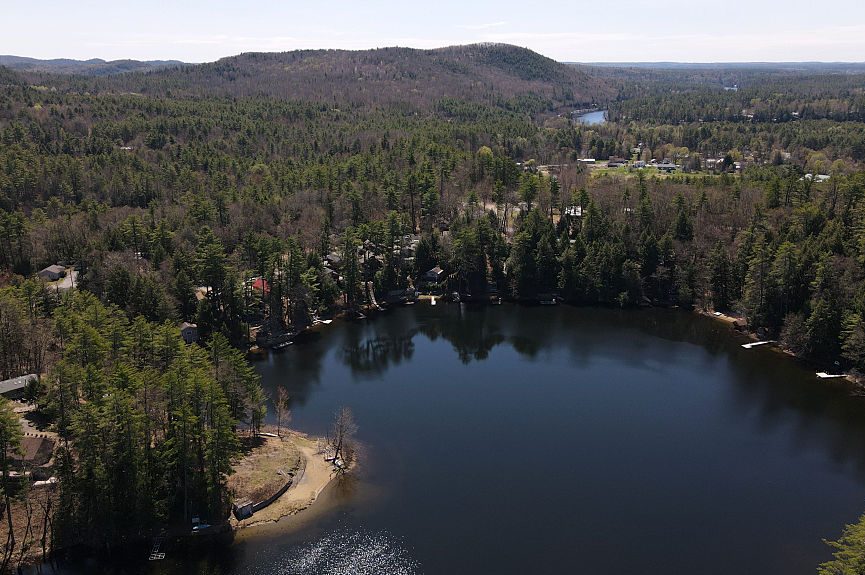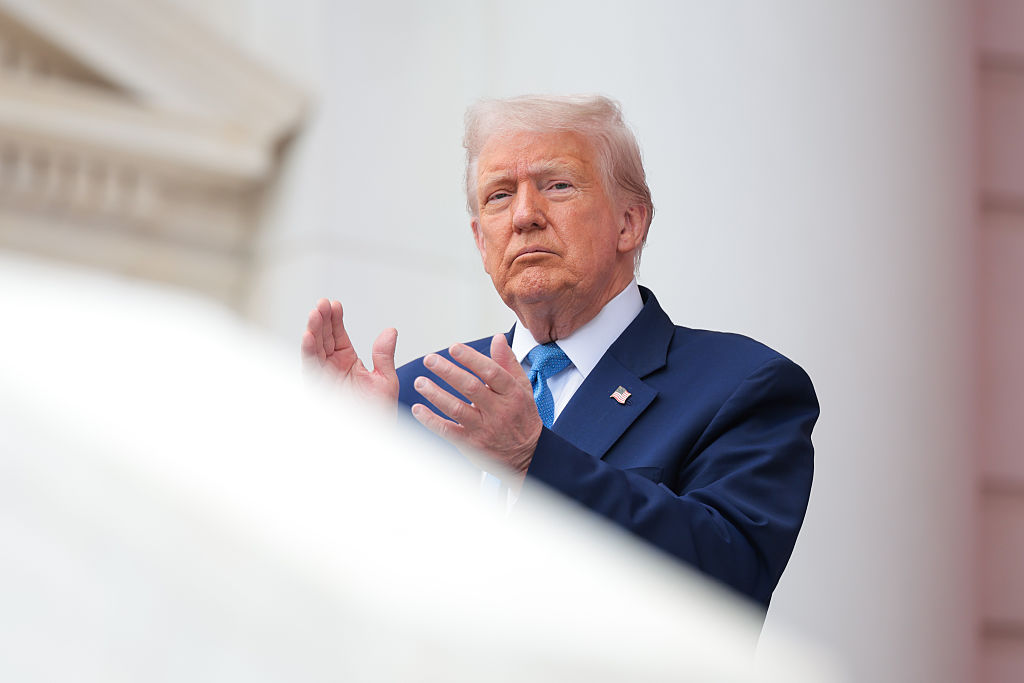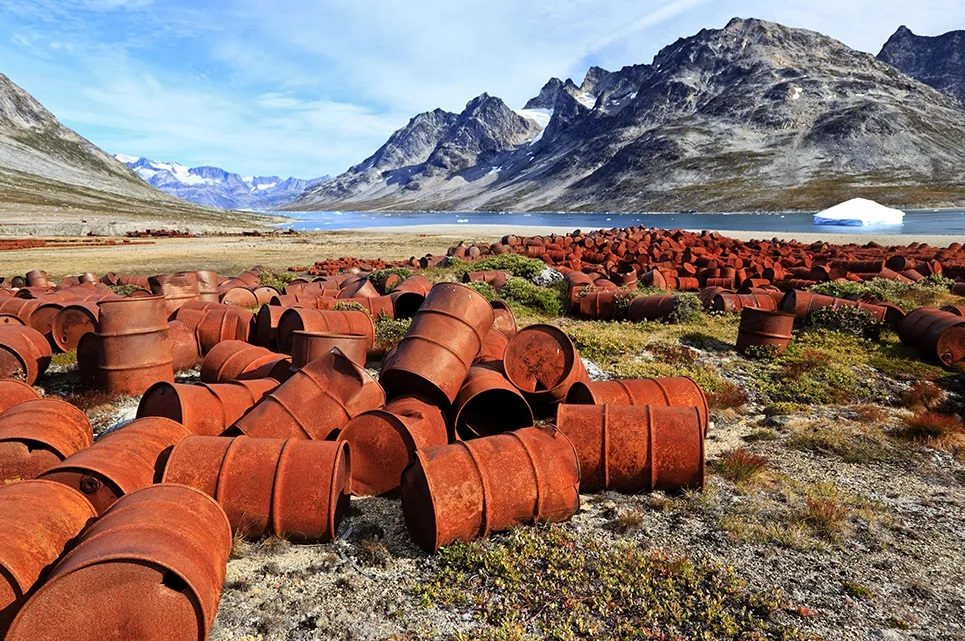The Fourth of July is an opportunity to reflect upon the miracle that is the founding of the United States, a process that has been instrumental in the spread of freedom, democracy and human rights across the globe. That, unquestionably, is something worth celebrating. Fireworks have been a part of this celebration from the start, with displays gracing the skies of Philadelphia and Boston in 1777. For some parts of the country, however, the days of fireworks may be numbered, as the displays’ environmental and health impacts collide with politics.
Reuters published a piece on June 30 detailing all of the dangers associated with the patriotic explosions. It launched a broadside, touching on everything from scaring wildlife to wildfire and health concerns to the all-purpose “contributing to climate change.” Suggested replacements include laser light shows, drone displays and “eco-friendly fireworks” that “can also be silent.” Municipalities around the country are already adopting some of these methods, including Salt Lake City, which CNN reports is putting on a drone light show, and Minneapolis, which Reuters says is holding a laser light show.
Fireworks are an integral part of the Fourth of July celebration, engaging all of the senses and underscoring — with a bang — the shining light that is the United States in the world. Nothing compares to the splash of sparkling lights that illuminate the night sky, followed swiftly by a resonant boom and then that distinctive smell as the smoke falls upon the gazing crowd. Fireworks, like the roar of a fighter jet over a stadium or the majestic flutter of the Star-Spangled Banner, cannot fail to evoke a deep sense of patriotism, awe and wonder. We need the physical experience that anchors us and points us towards some greater truth; in this case, the gift of the American founding. Laser light shows and drone displays leave critical senses untouched and, well, cannot hold a flame to the power of fireworks.
It’s not as if nationwide firework displays are happening on a weekly or even monthly basis — it is a once-a-year phenomenon. Fireworks are not so polluting and harmful as to cause irreparable harm when they are used for a few hours every 365 days, and if the displays are put on with care, risks are more than manageable. The environmental argument for ditching fireworks also rings hollow. Wind turbines kill between 140,000 to over a million birds per year. Mining the lithium needed for electric car batteries (and disposing of those batteries) is a process that involves significant environmental harm. The point here is not to render a verdict on these practices, but merely to highlight the inconsistency of activists’ assertions.
As for health concerns, people do things every day that pose some risk to their health — every time someone gets into a vehicle he is accepting a certain level of risk. It is a question of scale: is the risk significant enough to warrant avoiding it entirely? The Reuters article does not provide links to their sources — they only list the names of the organizations from which they mined their information from — so it is not easily possible to analyze those sources’ findings. However, it seems like a reasonable guess to say that the risks to human health from well-managed firework displays are negligible. They have, after all, been going on for over 200 years and people are still around. If we avoid every discernible risk, life would quickly get a lot less interesting.
Of course, certain scenarios may dictate that fireworks be avoided, particularly if the wildfire risk is unusually high where the display would take place. But that is just common sense — it doesn’t require ginning up fear among Americans about all of the existential risks to life and limb that fireworks might cause.
Americans should not allow themselves to be deprived of the culminating event of every Independence Day, a time that young and old eagerly look forward to. That first crack in the sky is like when the first waft of a tasty dinner’s scent reaches your nose — it draws us toward it. And like dinnertime, as each is drawn, it transforms into a community, the American nation, a gathering of the many to enjoy one, splendid event.



